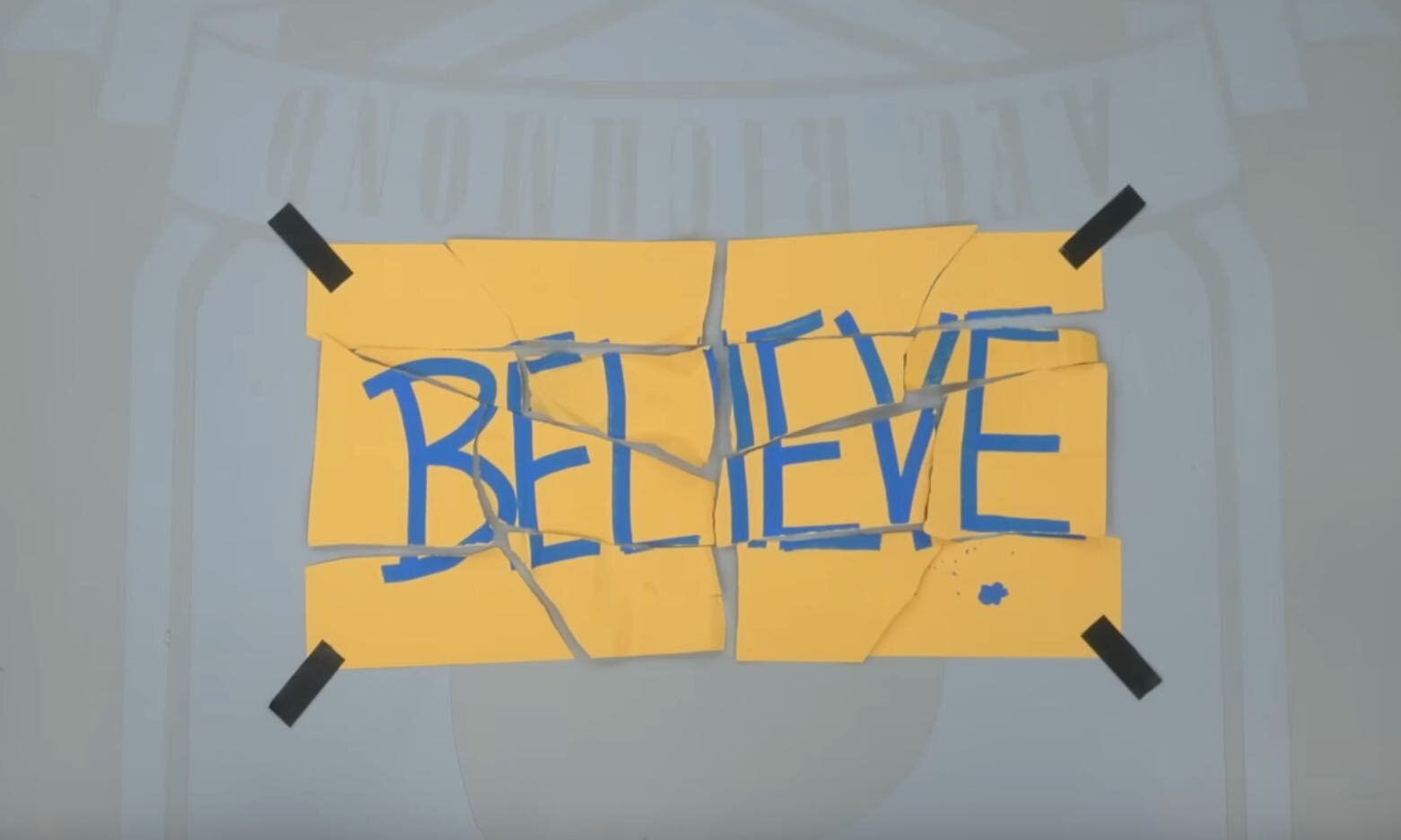Be Curious, Not Judgmental
As I watched the final episode of Ted Lasso last week, I thought of the famous line attributed to Dr. Seuss - Don't cry because it's over; smile because it happened.
In my mind, the show just kept getting better and better as more characters were developed. Those characters taught us lessons we should learn.
One of the biggest lessons was about communication, especially how to be a better listener and ask questions to learn what others are thinking.
The Stadium Scene
There was a great scene in last week’s final episode of the show where Jason Sudeikis (Ted Lasso) and Hannah Waddingham (Rebecca Welton) sit next to each other in an empty football stadium late at night.
In the scene, Rebecca emotionally tells Ted why she wants him to stay, offers him a big raise and everything he would want to remain coach of her soccer team. The acting is terrific.
Rebecca said 196 words in the scene. Ted said nine. From his facial expressions and uneasiness, you knew he was listening to every word, but he was confident he had made the right decision to go home.
When I do communication workshops, I talk about the need for people to talk less and listen more. This scene was a perfect example of that. Rebecca wanted to talk. She wanted to tell Ted how much he meant to her and the team. Ted let her speak. He didn’t interrupt. He didn’t respond in the scene. He listened.
Why don’t we do that more often in conversations we have? Far too often, we rush into telling others what we think or believe and why others should think the same way too. We can never learn anything by talking, but we can by listening to others.
Too many people don’t listen to understand. They listen to reply.
The Darts Scene
In Season 1, one of my favourite scenes in Ted Lasso took place. It was the “Darts Scene”, in which Ted plays darts against show villain Rupert Mannion, played by Anthony Head.
Some big stakes were agreed to before the game and on his last throw, Ted needed two triple-twenties and a bullseye to win. Just before Ted throws his first triple-twenty, he recites what he says was a Walt Whitman line “Be curious, not judgemental.” Before he throws his second dart he talks about people who have underestimated him and he says “If they were curious, they would have asked questions.”
He goes on to win the game and the bet and prove his point about the importance of not judging people, but instead being curious enough to ask questions to learn.
This is another fundamental of communication. People need to ask questions of others to allow them to speak more. At the same time, people asking questions control conversations. Far too many people think if they’re the one speaking, they’re the one winning because they’re doing the talking. What they don’t understand is, it’s the person who’s asking questions and doing the listening who is controlling the conversation.
Less is more, but people don’t realize it. I would far rather listen to the thoughts of others because I learn when I do. I ask questions to learn.
By the way, it’s questionable whether Walt Whitman coined the phrase, but let’s give Ted a little editorial licence.
Be Curious
Ted Lasso was one of the best things I’ve ever seen on TV. If it is over, we should be happy with what it taught us.
There are so many lessons to learn about communication from it, including various forms of non-verbal communication. Whether it was a raised eyebrow and a quiet grunt from Roy Kent, sad puppy-dog eyes from Keeley in response to something somebody said, a confused look on the face of Nathan Shelley, or a flustered look from Higgins, these were all great forms of non-verbal communication. They needed to say very little, or nothing at all, to allow us to understand how they were feeling and feel the same way.
Ted Lasso has been praised as being a show about kindness and hope, where the characters on the show encouraged others to get better and supported differences and diversity. All that is true, along with much more.
My question is, if people really loved the show, why don’t they adopt that into their daily routines? It seems these days there’s far more that divides us than unites us.
Great show. Great article Grant.


Commentary